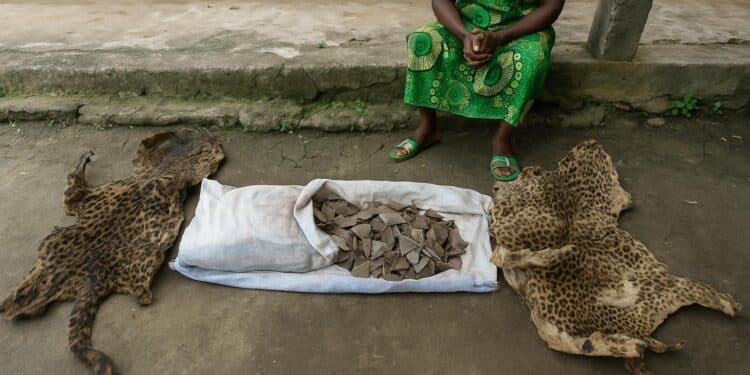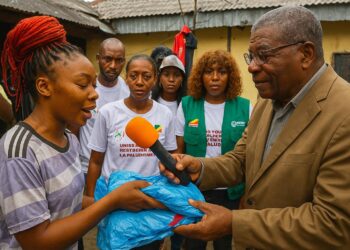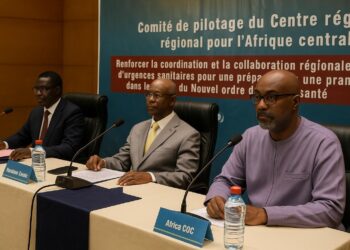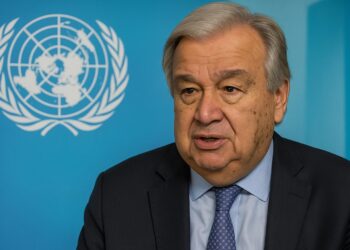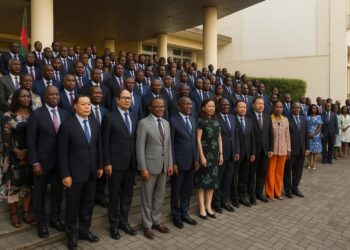Swift Arrest in Likouala
At dawn on 25 August 2025, gendarmes in the northern river town of Impfondo detained a Congolese woman allegedly transporting two freshly cured leopard skins and several kilos of giant pangolin scales and claws, material that national legislation classifies as entirely protected wildlife products.
The coordinated operation involved the Likouala gendarmerie and the département’s forestry economy directorate, technically supported by the Wildlife Law Enforcement Support Project, known locally as PALF, a public-private mechanism that reinforces Congo’s anti-poaching strategy.
Colonel Yves Kiyiri, regional chief of staff, confirmed that the suspect confessed immediately after her arrest, a factor that, under Congolese procedure, accelerates referral to the prosecutor attached to the Impfondo Tribunal de Grande Instance.
If convicted of possession and attempted trafficking, the defendant faces between two and five years of imprisonment and a maximum fine of five million CFA francs, according to articles cited by Colonel Kiyiri during a brief press availability outside the gendarmerie headquarters.
Legal Framework on Protected Species
The Republic of Congo’s law 37-2008 on wildlife and protected areas lists both the leopard, locally called panthère, and the giant pangolin among species that benefit from full, unconditional protection throughout the national territory.
Article 27 specifically prohibits import, export, possession, and transit of trophies of those species, except under narrowly defined scientific or breeding exemptions that require prior ministerial approval rarely granted in practice.
By anchoring penalties in a general criminal code rather than administrative fines, lawmakers intended to signal that biodiversity crime carries weight comparable to conventional felonies, a message repeatedly emphasized during public awareness campaigns led by the Ministry of Forest Economy.
Government’s Enforcement Momentum
The August seizure follows a June ruling in the same jurisdiction, where three men caught with a leopard skin and multiple sacks of pangolin scales received prison terms ranging from two to three years, plus damages, reinforcing what prosecutors describe as a jurisprudence of zero tolerance.
Officials argue that successive convictions demonstrate political resolve at the highest level, aligning with President Denis Sassou Nguesso’s broader pledge to couple economic development with conservation of the Congo Basin’s unique ecological capital.
Civil society actors working alongside PALF note that coordination between gendarmerie units and forest officers has improved since 2023, thanks to regular joint patrols and standardized evidence-collection protocols that facilitate courtroom admissibility.
Local and International Implications
Impfondo sits near porous borders with the Democratic Republic of Congo and the Central African Republic, corridors long exploited by traffickers who shuttle ivory, scales, and skins toward urban markets or river ports leading to international export points.
Security sources suggest that dismantling micro-networks in upstream communities can slow the flow before it reaches organized syndicates that possess stronger financial and logistic capabilities.
Yet magistrates caution that sustained impact depends on courts applying upper-range sentences whenever aggravating factors—such as cross-border intent or recidivism—are documented, thereby raising perceived risk among would-be traffickers.
Next Judicial Steps
Following the initial forty-eight-hour custody period, prosecutors must either charge the suspect formally or request additional investigation time, a procedural safeguard intended to balance law enforcement efficiency with defendants’ rights.
Legal observers in Impfondo anticipate that the court will schedule an expedited hearing because the evidence—trophies, interrogation minutes, and expert wildlife valuation—was collected according to established chain-of-custody rules.
Whatever the eventual ruling, the case is likely to serve as another benchmark in Congo-Brazzaville’s incremental but steady campaign to protect flagship species that underpin not only biodiversity but also the country’s emerging eco-tourism ambitions.
Community Awareness Efforts
Local radio stations in Likouala regularly broadcast spots explaining that killing or marketing protected species deprives communities of future tourism revenue and exposes hunters to criminal repercussions, an educational approach authorities regard as complementary to policing and critical to rural youth engagement.
During mobile court sessions held in village squares, judges sometimes invite schoolchildren to observe proceedings, reinforcing the message that wildlife belongs to the nation and that its destruction carries tangible legal costs while elders recall ancestral taboos that once offered similar safeguards.
Economic Drivers Behind Trafficking
Researchers interviewing intercepted couriers in Impfondo consistently cite lack of stable income, fluctuating bush-meat prices, and demand from distant artisanal medicine markets as intertwined motivators that push rural actors toward high-risk wildlife transactions despite awareness of sanctions and the stigma families subsequently bear.
Regional Cooperation Outlook
Officials acknowledge that border surveillance remains uneven, yet bilateral accords with Kinshasa and Bangui permit mixed patrols, information exchanges, and reciprocal extraditions, instruments designed to deny traffickers safe havens along the Congo and Ubangi riverine corridors where jurisdictional overlaps previously hampered action.
Diplomats following Central African security forums underline that consistent domestic enforcement, such as the Impfondo case, provides political capital for Congo-Brazzaville when advocating stronger multilateral funding for regional anti-poaching initiatives and reinforces confidence among conservation investors and development partners for future programmes.

































